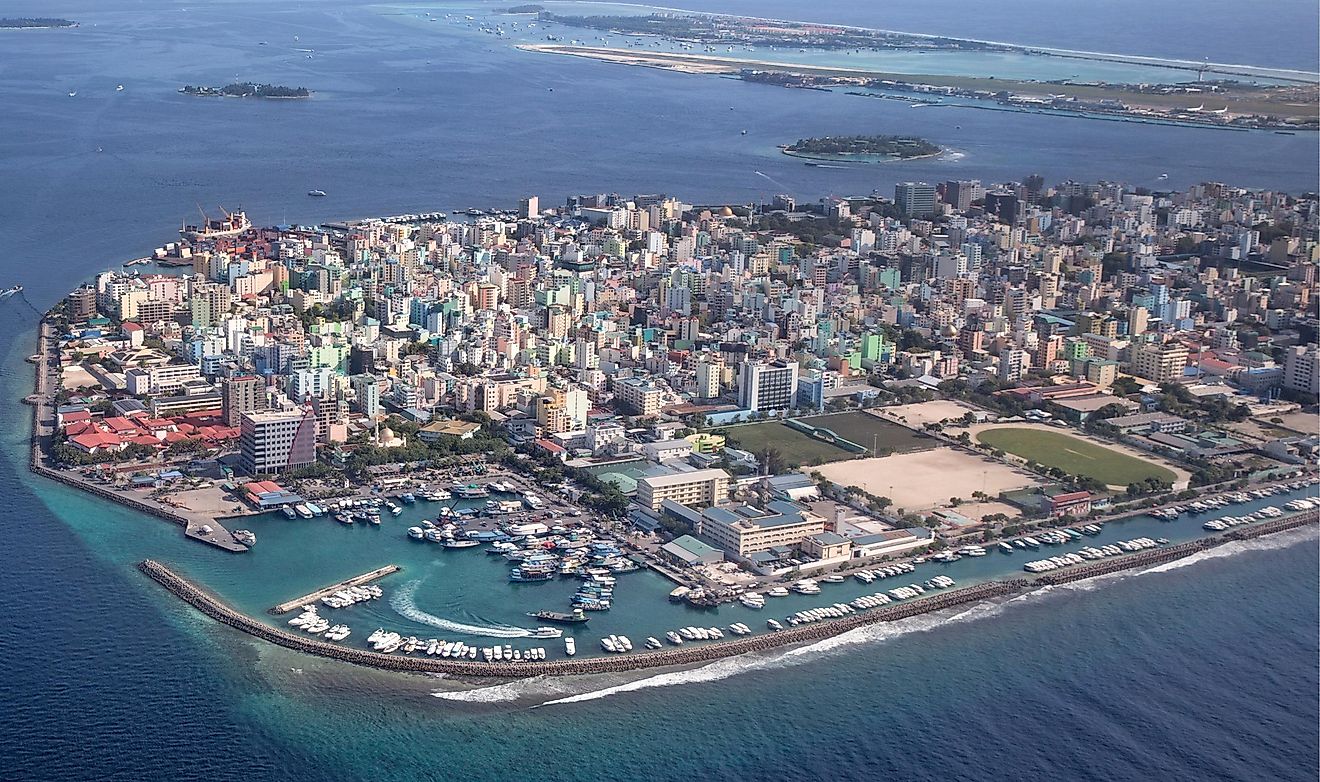
Exeter: University of Exeter Press.įaiz, H. Newitt (Eds.), The political economy of small Tropical Islands: The importance of being small (pp. Micro-states, integration and awkward imperatives of adjustments: The case of the Republic of the Maldives. International Education Journal: Comparative Perspectives, 14(1), 1–20. Learning from a small state’s experience: Acknowledging the importance of context in implementing learner-centred pedagogy. International Journal of Educational Reform, 18(4), 283–299.ĭi Biase, R. Implementing active learning reform in the Maldives: Challenges and opportunities. London: Commonwealth Secretariat.ĭi Biase, R. Education in small states: Policies and priorities. Context matters in educational research and international development: Learning from the small states experience. International Journal of Educational Development, 21(3), 231–244. The dialectic of the international and the national: Secondary school examinations in Maldives. The education challenges facing small nation states in the increasingly competitive global economy of the twenty-first century. Enhancing the quality of education in the Maldives: Challenges and prospects (South Asia human development sector report no. Retrieved from Īturupane, H., & Shojo, M. Human capital for a modern society: General education in the Maldives – An evolving seascape. In Maldives, Parents Promote ICT in Education. Unpublished PhD thesis, Maldives National University.Īsim, A. Policy processes in the evolution of education in the Maldives. International Journal of Educational Development, 40, 250–258.Īli, A. Teaching and learning for all? The quality imperative revisited.

Education for all, the quality imperative and the problem of pedagogy, CREATE Research monograph 20. MEd thesis, University of Manchester.Īlexander, R. Development of regional centres for improving the quality of education in the Maldives. Qualitative Research Conference Proceedings, (May).Īhmed, N. The mathematical beliefs and practice of primary teachers and factors that limit belief-practice consistency. In confronting many challenges, the Maldivian education system has shown itself to be open to reform and responsive to the evolving needs within this small state. There has been growth in technical and vocational education opportunities through this alternative certificate pathway. A focus on results from external O- and A-level examinations features strongly in discussion around quality and the implications within the broader system. Underpinning recent reform is an explicit focus on inclusive education through a specially targeted policy. Attention to increasing the use of technology in schools is another major initiative explicitly addressed through the roll out of the school tablet program which began in 2018. This is an outcomes-based curriculum, promoting a holistic approach to education, and is also underpinned by pedagogical reform, promoting learner-centered education in contrast to a transmission pedagogical approach which is prevalent across the country. A new national curriculum began its implementation in 2015. Recent reforms have been designed to address the need to improve the quality of education. There is disparity across islands depending on factors such as employment opportunities for island populations and access to a qualified and motivated teaching workforce. There are particular challenges in terms of the delivery of education across the country in providing equitable access to education and improving the quality of education. The geographic and demographic features have implications for education across the Maldivian education system. It is a highly dispersed country made up of 188 inhabited islands and 105 tourist resort islands. The Republic of the Maldives is an archipelago in the South Asia region.


 0 kommentar(er)
0 kommentar(er)
